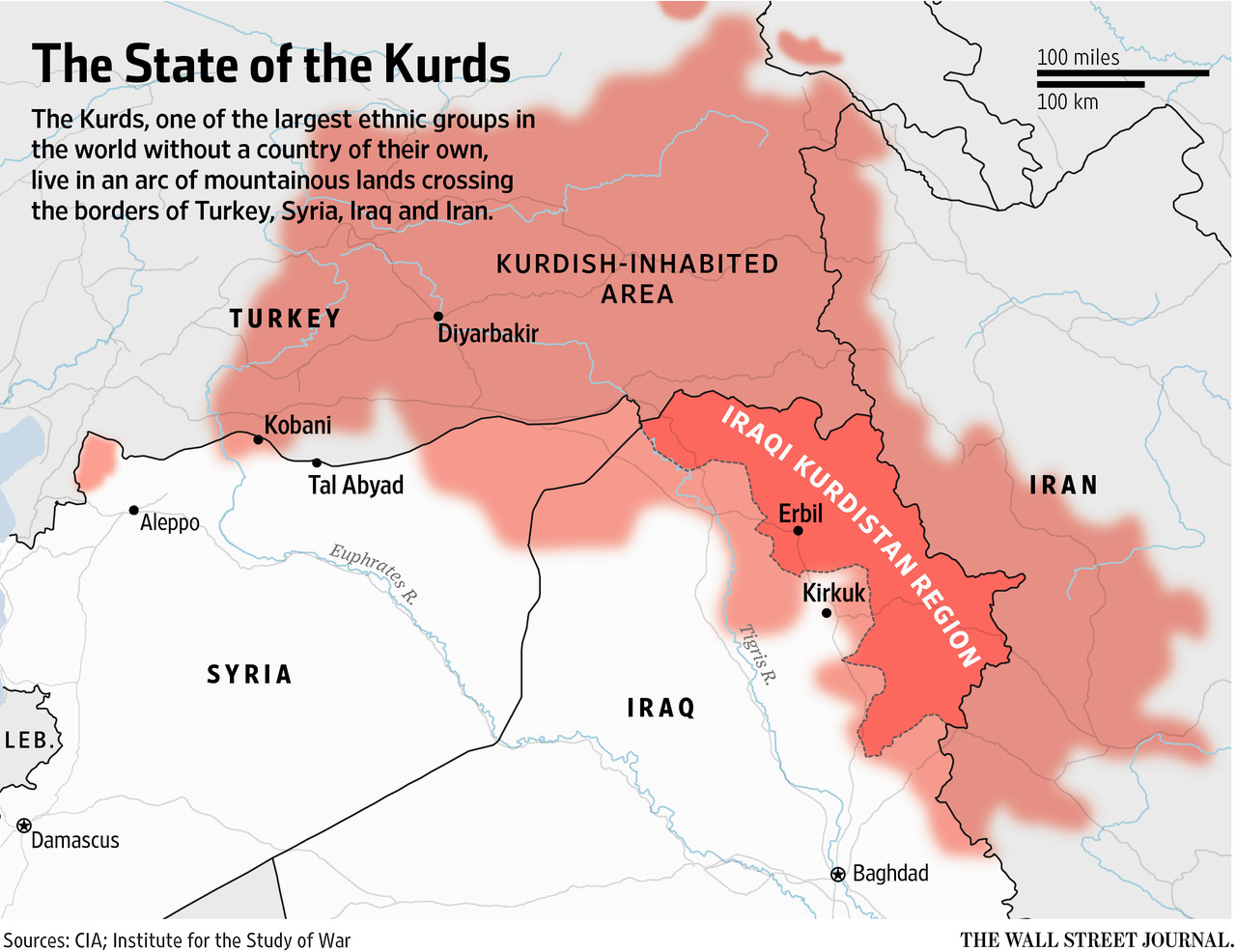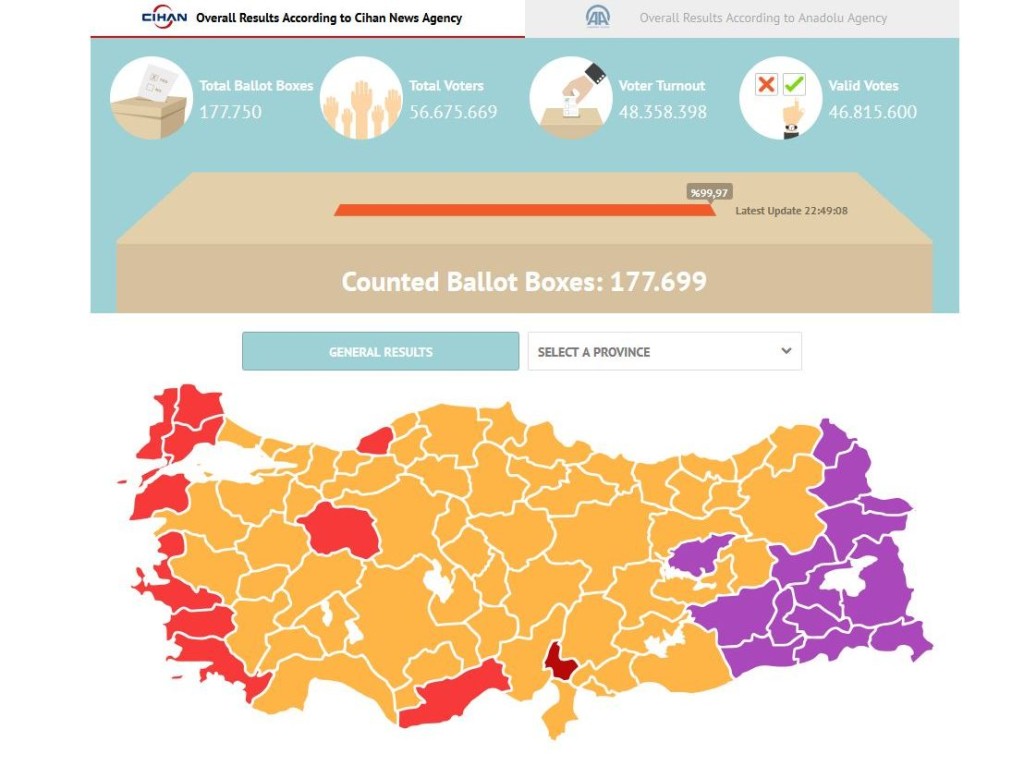From the BBC:
The US and Turkey reached an agreement which will see Turkish jets join the air campaign against Islamic State (IS) militants. American officials hailed the agreement as “a significant step forward” in the fight against IS.
The good news was that Turkey would now be fully integrated into the strategy of the wider anti-ISIS coalition. However, as of last week, the Turkish Air Force had conducted 300 strikes against Kurdish targets versus three against ISIS targets. So Turkey, while giving lip service to the war against ISIS, is actually attacking the Kurds, who in this case, are ISIS’s enemies. As we said in our column on 8/25:
The present strategy of the US for defeat of ISIS is ultimately dependent on the Turks. Turkey is the main pathway through which ISIS receives recruits…and [is] the main pathway through which ISIS continues to export oil to raise money.
Turkey has a conflicted relationship with ISIS. Philip Giraldi, a former CIA officer, Executive Director of the Council for the National Interest has a long article describing the problems of Turkey as an ally posted at the American Conservative:
Indeed, when I was in Istanbul last July, bearded rebels were observed in the more fundamentalist neighborhoods collecting money for ISIS without any interference from the numerous and highly visible Turkish police and intelligence services.
Given the state of play that now exists in the ME, Washington was delighted when Turkey announced on July 23rd that it would play a more active role against ISIS. But the euphoria in DC was short lived, as Turkey quickly demonstrated that its partnership with the US was window dressing, as ISIS was not the enemy that Ankara had in mind.
Why the bait-and-switch? Turkey’s domestic politics. Turkey held a parliamentary election on June 5th in which President Recep Tayyip Erdogan’s Justice and Development Party (AKP) failed to obtain a majority. Worse still, the Peoples’ Democratic Party (HDP), which is largely Kurdish, won more than 13% of the vote, much of it consisting of former AKP seats, making it a potential swing party in forming a new government. The AKP couldn’t form a coalition government without the Kurds or a right-wing party, which Erdogan wouldn’t permit, and new elections now seem set for November 1st. Erdogan wants to try again for a substantial AKP majority, which would allow him to amend the constitution, and add significant new powers to his role. Nevertheless, the most recent election demonstrated that AKP had lost some control, and Erdogan had to do something to create a more compelling narrative.
Enter the Kurds.
For three decades, Turkey has been at war with the Kurds, some of whom seek more autonomy within Turkey, while others favor the creation of an independent Kurdish state incorporating parts of Syria, Iraq, Iran and Turkey. 18% of the Turkish population is of Kurdish origin, and are the country’s largest minority.
Even though Turkey has had a cease fire with the most powerful Kurdish dissident group, the Kurdish Workers Party (PKK) since 2013, the AKP’s calculation appears to be that more chaos will mean more votes, with people turning to the devil they know in hopes of stability.
And Erdogan chose to attack the Kurds under the aegis of the US-led war on ISIS.
All of this suggests that the US was bamboozled. One American general called the development a “bait and switch,” while another commented that Erdogan “needed a hook” to go after the Kurds, and lied to Washington to get one. Surely, the Pentagon, CIA and White House know that they were all snookered.
When the news broke that Turkey had bombed ISIS and when it mentioned (without comment) the PKK, it was obvious what the Turk’s game really was. And, they are not alone:
Saudi Arabia plays the War on Terror game to get us to help out with Yemen, and to counter Iran.
Israel plays the War on Terror game to keep the $billions coming.
Egypt’s Sisi also plays the War on Terror game to keep US aid coming and to help consolidate his own grip on Egypt.
Our own domestic Fear Machine uses the War on Terror to keep the taxpayer-paid gravy train rolling along.
The only ones not benefiting from some Terror-related play are we, the people suckers. Oh, and the collateral damage to the people in the countries that we and our allies are “liberating.”
See you on Sunday.


